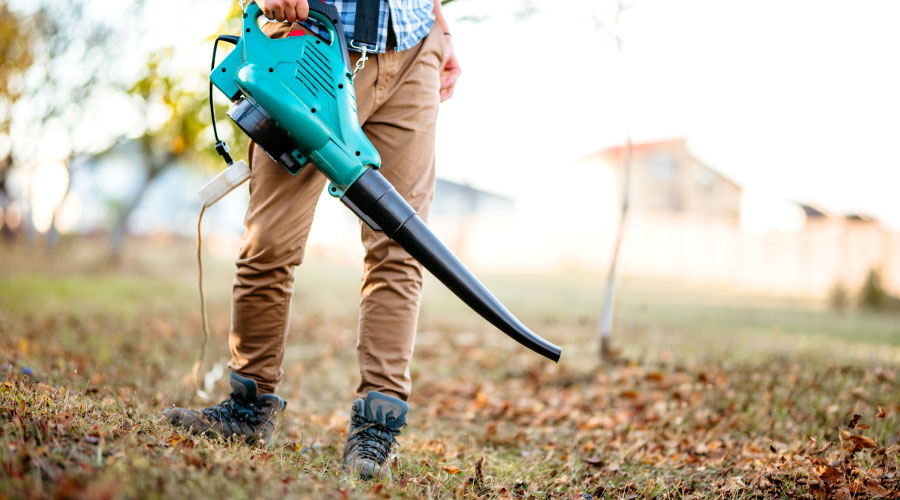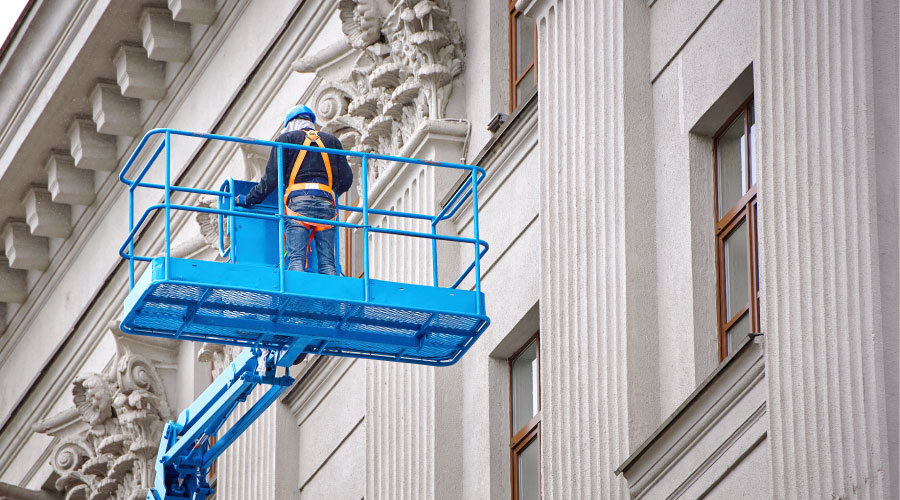Emergency Preparation Essential Component of Equipment Rental Plans
Part 3 of a 3 part article on successful equipment rental experience
Facilities spend a great deal of time planning for emergency preparation and response, and equipment rental is an essential component of these plans. Managers often are responsible for ensuring they have reliable access to the necessary equipment to keep facilities running in the event of floods, fire, power outage or other crisis.
“Our town was having some real issues underground with piping, so we lost water for days at a time — three times in 18 months, then five years without a problem,” Harubin says. “But you’ve got to be ready for those three times. Whatever the frequency, you’ve got to be ready.”
In critical facilities, such as hospitals, response time is an important factor in deciding on a rental company to hire, should an emergency need arise.
“Ask how far away is the emergency service technician,” Gallerani says. “Where we are, most of our service guys are an hour-and-a-half away. If I lose a rental boiler or chiller, waiting an hour-and-a-half is really critical in a hospital. If you know you have to rent a chiller or boiler and the guy can be here in 15 minutes, that’s one company you always want on your list.”
Rent or buy?
In some cases, especially when managers are considering renting big-ticket equipment, they need to do their research to determine whether renting or buying equipment is the best long-term decision.
“Do a risk assessment to see if you really need to rent,” Gallerani says. “What can you get away with, and how can you do it in a different way where you don’t have to spend $30,000, $40,000, or $50,000 on a rental chiller when you probably could have rebuilt one for cheaper.”
By conducting a rental analysis, managers might determine whether it is more financially savvy to buy a piece of equipment than to rent it.
“Guys would need a jackhammer, and we’d go rent it,” Gallerani says. “Then we’d look at the bill we’re paying, and you’ve got to go get it, and once you get there, it’s not there when you need it.”
The University of Alabama is renting more equipment in recent years because of an increased emphasis on building-envelope issues — for example, using aerial work platforms more often to access hard-to-reach areas, in addition to performing lighting, roofing, and masonry repairs.
“Invariably, these issues are often in hard-to-reach locations,” DiChiara says. “The building envelope is a university emphasis. We started attacking those issues that haven’t the emphasis they’ve needed.”
Day Kimball appears headed in a different direction, moving toward buying more equipment and renting mostly in emergency situations.
“There were times we used to rent, and we just thought we should buy our own,” Harubin says. “We’d buy one piece of equipment every year, and that in the long term, if you use the stuff routinely, it’s smarter to own it.”
For managers who continue to rely on rental equipment, DiChiara says they need to partner with an equipment rental company that will provide excellent customer service and offer guidance in making the right decisions. “Let the fleet-management software that companies are using today help you,” he says. “The rental industry is developing some nice things to help you if you let them.”
Related Topics:











